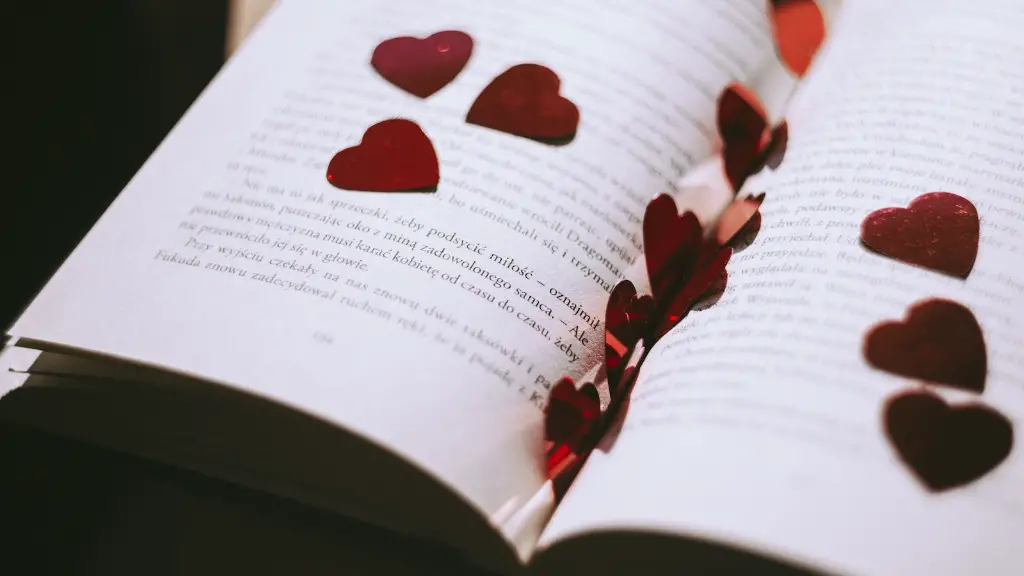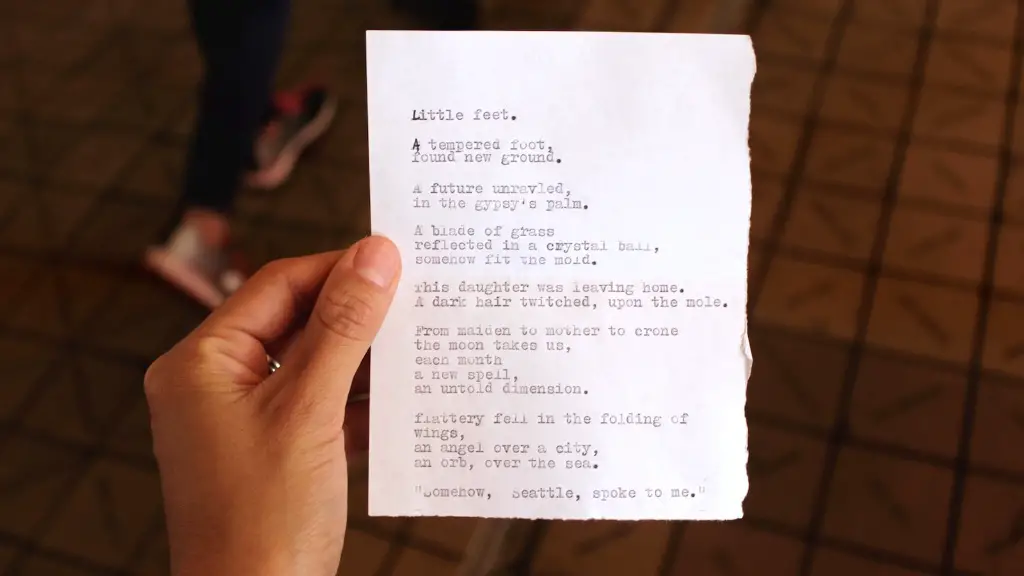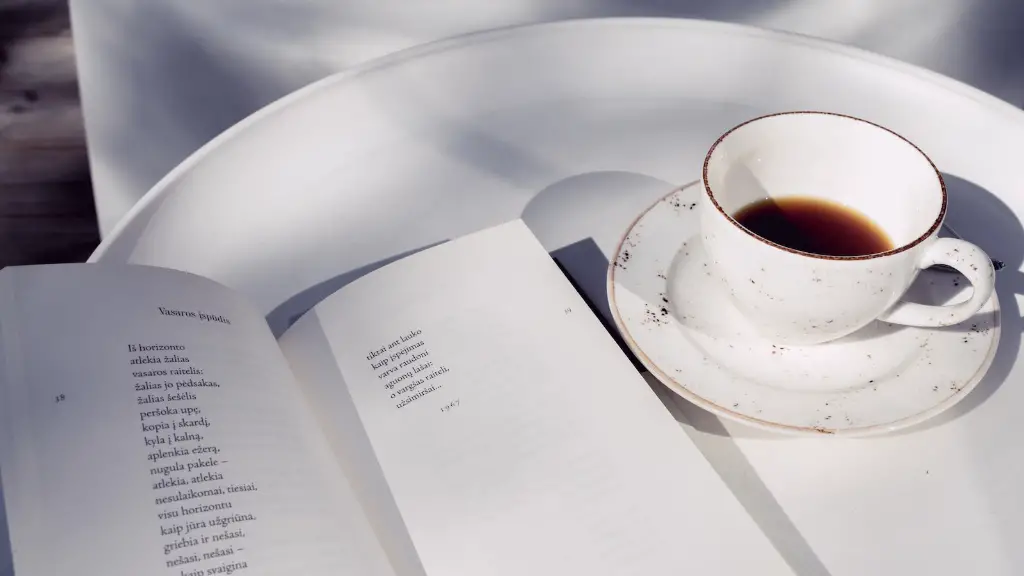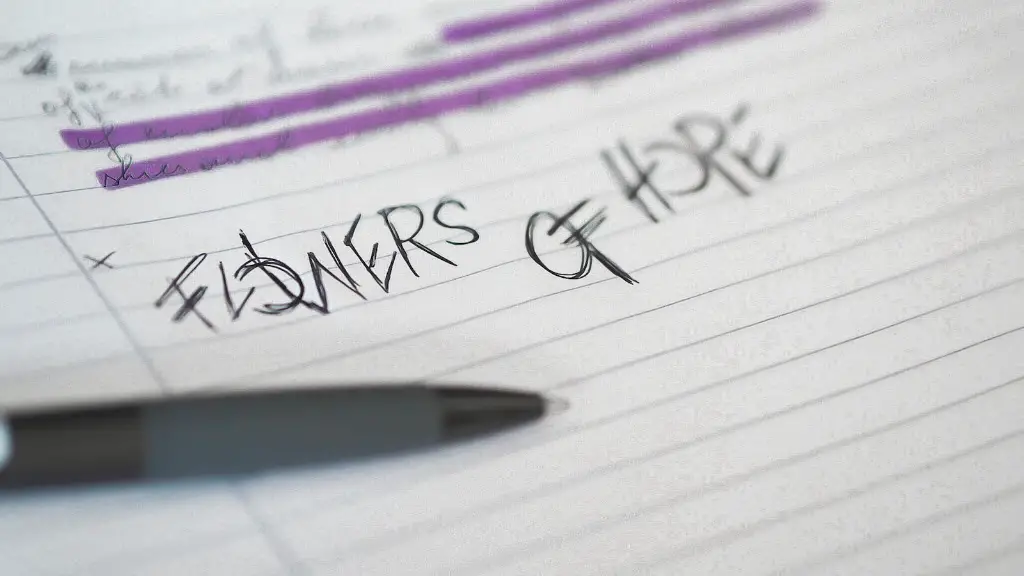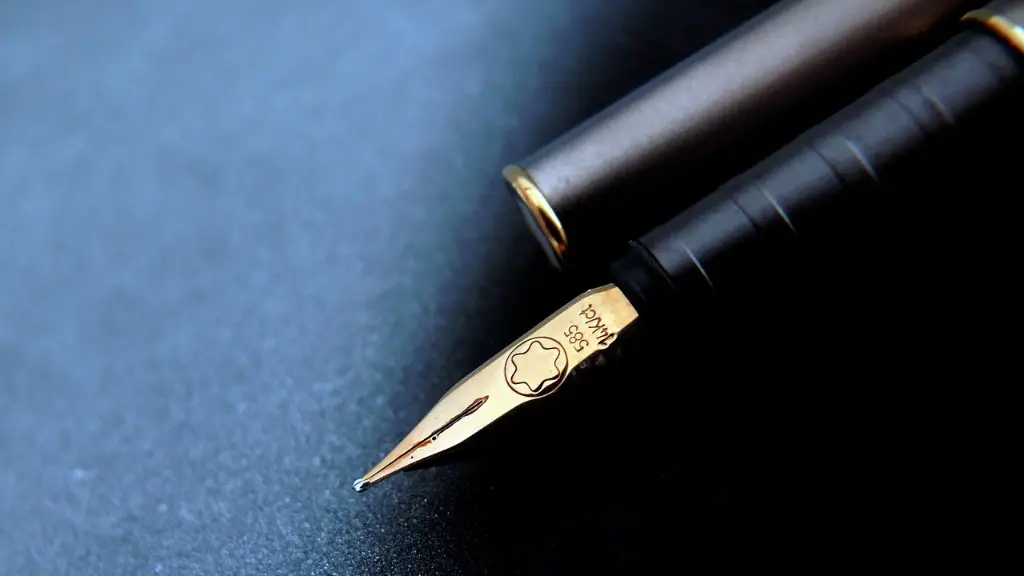Are you looking to learn how not to write poetry? Poetry can be extremely difficult to write, particularly if you don’t know where to start and have limited experience. To help you out, this article provides advice on what to avoid when writing poetry, as well as key tips and ways to go about it correctly.
Also, don’t be afraid to take risks with your poems; use metaphors and literary devices to give them some depth. If you are nervous about trying something new, practice writing until you feel comfortable with it. For more creative poem ideas, read other poets’ work and explore the various types of poems there are.
In addition, when you are writing a poem, make sure that you always completely understand any words, phrases and sentences you use in it. If you aren’t entirely sure what a word means, your poem can end up sounding artificial and forced, which can take away from its impact.
Moreover, avoid using excessively clear and direct statements in your poetry. Using overly direct phrasing can restrict the possibility of interpretation and remove a certain level of ambiguity that allowing readers to uncover a deeper meaning. Instead, be strategic in your phrasing and use descriptive language to conjure up vivid images.
Another thing you should bear in mind is to always have an ending planned out at the beginning of writing the poem. Having an end goal in mind can help guide the poem in its development and allow you to create something meaningful. Don’t be afraid to experiment with endings either – try ending with a rhetorical question, a twist or a thought-provoking sentence to engage the reader.
Finally, never try to copy another poet’s work. Poetry is supposed to be unique and to reflect your own personal ideas, which is difficult if you merely imitate another writer’s style. It is important that the poem is created in your own distinct style and that the words used express your own opinion and emotion.
How To Avoid Overwriting
When writing a poem, it is essential you don’t get carried away and end up over-writing. When this happens, you can end up throwing too many unneeded words into the poem that can detract from its essence and corrupt its message. To avoid this, understand the difference between precision and detail. Precision is about conveying the same effect in fewer words, and detail is about conveying the same effect in more words. To make sure your poem has the right amount of words, you should read it out loud while counting the syllables as you go and note any obvious run-on sentences that need to be broken down.
Also, don’t forget to use simple language when writing. Trying to sound poetic or intellectual can often result in the message of the poem being lost in translation. Keeping it simple can help strike the balance between meaningfulness and ambiguity. Stick to powerful words that encapsulate the idea of the poem but never forget to use shorter alternatives that can convey the same meaning. The shorter words can help balance out longer words and use fewer syllables.
Finally, broaden your understanding of the words you use in your poem. Everything from the texture of the poem to the rhythm of the words should be taken into account to create the desired effect. Much like with metaphors and literary devices, understanding the exact meaning of the words you use can help you write more effectively.
How To Introduce Literary Devices
Including literary devices in your poem is an effective way to add more depth, interest and playfulness to the piece. That being said, it’s important to use them appropriately. Here are some tips on how to incorporate literary devices into your writing.
Firstly, use metaphors to connect your poem’s subject matter to other real-world objects. This can help create clearer images in the reader’s mind and make the poem more vivid and enjoyable. Additionally, you should use personification to give your poem a relatable feel. Personification involves giving inanimate objects and ideas human characteristics, which can be used to create a more effective narrative.
Apart from metaphors and personification, alliteration is another useful tool which involves repeating the same sound at the start of two or more words to create a musical effect. Furthermore, symbols can be used to express ideas that can’t be articulated or describe abstract concepts that are hard to explain. Bringing symbols into your poem can help deepen its message and create multiples layers of symbolism.
Moreover, you can also employ hyperbole to increase the drama and exaggerate the emotion of a poem. Hyperbole is an overstatement which can help bring out the strength of the poem’s message. Similarly, you can use similes to draw comparisons and make connections between seemingly unrelated objects. This helps create interest and encourages deeper thought.
Finally, use onomatopoeia to evoke an auditory response from the reader. Onomatopoeia refers to words that imitate the sound they describe, making the reader more engaged with the poem.
How To Stay Unique
When writing a poem, it is essential you find ways to make your piece stand out and remain unique. To help you do this, don’t limit your ideas. Writing within a given structure is one way you can create something unique. For example, a sonnet is a 14-line poem that is written in iambic pentameter and contains a particular rhyme scheme.
Furthermore, use other poets’ work as an inspiration but never copy it. You can also use multiple themes and write about different topics. Be as creative as possible and don’t shy away from crafting a story if you feel that is the best way to express yourself.
In addition, use your own experiences and memories to create a piece that is influenced by personal moments. It’s also a good idea to use imagery to make your poem vivid and invoke emotion in the reader. Utilising complex and powerful images can help bring your poem to life and paint a clear picture.
Finally, use conversational dialogue as much as possible when writing your poem. This can help create vivid dialogue and intense situations between characters – adding depth and interest to your piece. It’s also an effective way to keep the reader engaged and tell a story in a more impactful way.
How To Show Vulnerability
Showing vulnerability in a poem can be an effective way to make it powerful and memorable. It is essential that when writing a poem, you aren’t afraid to express your feelings and emotions openly. To help you do this, try to stay away from cliches and sappy phrases – rather focus your poem on raw and real emotions.
Secondly, use a personal voice and narrate from a first-person point of view. Writing from a personal perspective lets you express emotion and helps create a clearer connection between you and the reader. It also makes your poetry more relatable and can make it sound more natural. Additionally, focus the poem on your thoughts and your feelings, allowing you to keep it raw and honest.
Moreover, refrain from any judgment-making or pretentious comments as these can make your poem appear unauthentic and fake. Additionally, make sure the poem is constructed in a simple way, with meaningful language and poignant imagery. It’s important to use words that really dig deep and hit the reader on a very personal level.
Finally, avoid using sentimentality and sentimentality to express yourself. Such techniques can sound contrived and ineffective, and don’t portray real emotions. Instead, use more concrete and factual descriptions to create a more layered effect and help advance your poem’s meaning. This will make your poem much more powerful and interesting for the reader.
